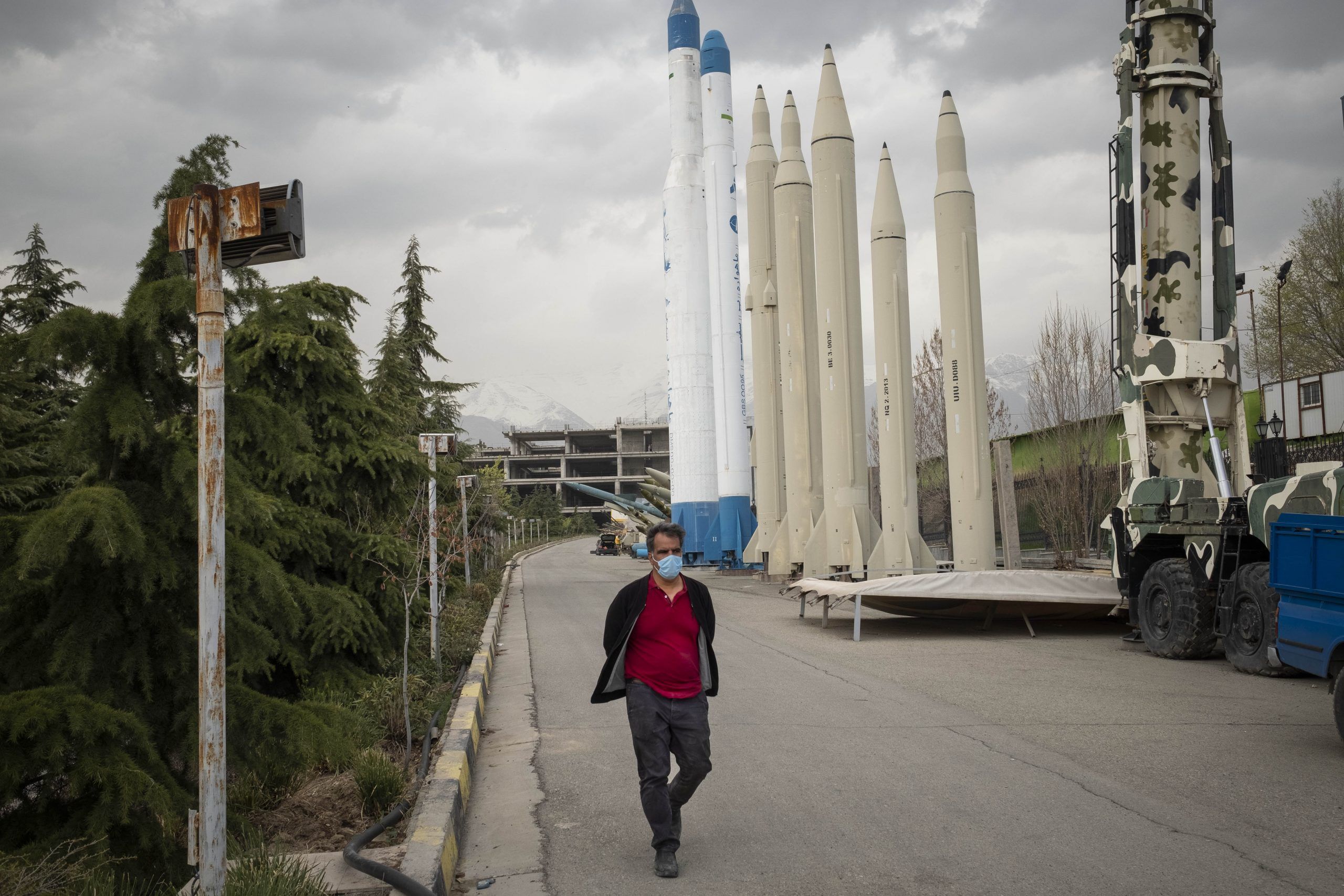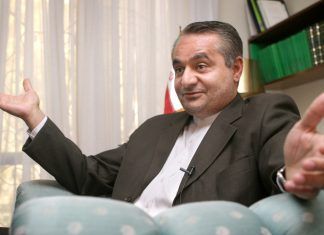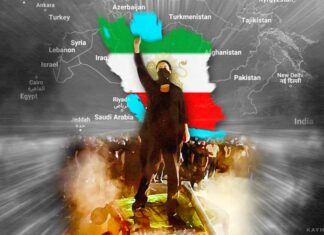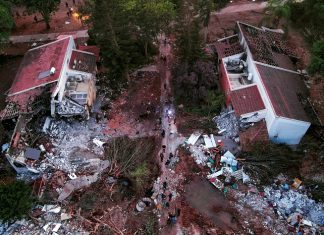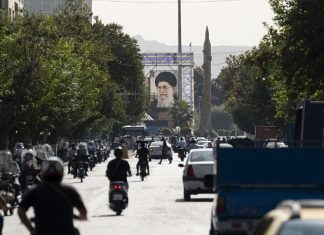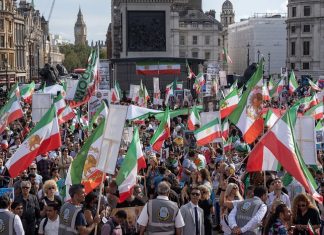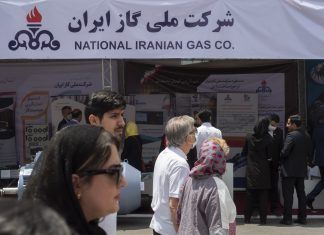[The opinions expressed here are those of the author, a columnist for Reuters]
By Peter Apps
LONDON, March 24 (Reuters) – As Russia faced Western outrage over its invasion of Ukraine, Syrian leader Bashar al-Assad was quietly being welcomed back to the club of Middle East leaders in the UAE last week, his first foreign trip in more than a decade of war aside from forays to key backers Russia and Iran.
With world attention focused on Eastern Europe, the geopolitics of the Middle East are being redrawn from multiple directions. Key players are embracing new ambitions and alliances in the face of what is seen as a weakened United States, rising China and a Russia that is building relations there as other countries turn their backs.
The result is a complex web of events that include Turkey and Israel pushing themselves forward as potential arbiters on the Russia-Ukraine conflict, the United Arab Emirates and Turkey plunging deeper into an African conflict in Ethiopia’s Tigray region and an increasingly public rapprochement between Israel and the Gulf states.
It also includes the complex energy politics that have followed Russia’s invasion of Ukraine, with Saudi Arabia resisting Western calls to pump more oil and Qatar emerging as a potential salvation for a Europe desperate for alternate sources of Russian gas, plus the always hugely complicated and evolving relations between Iran and its potential foes.
In the era of the Sept. 11, 2001 attacks on the United States or the 2011 “Arab Spring”, any of these developments might have grabbed global headlines and attention in Washington, Whitehall and Europe. In the aftermath of the pandemic, however, the region is seen as lower priority, even as the U.S. and allies remain enmeshed in several of its conflicts.
In February, a U.S. special forces raid in Syria killed Islamic State leader Abu Ibrahim al-Hashimi al-Qurayshi, a reminder that the 9/11-era “war on terror” is ongoing. More broadly, however, the rest of the region has developed other priorities, with multiple states pursuing their own increasingly independent foreign policies.
It is a trend that has been growing quietly since the Arab Spring saw multiple Gulf states and Turkey pitch into the wars in Libya and Syria, sometimes against each other and Russian proxies. Turkey and the UAE are now both also enmeshed in Ethiopia’s war against Tigrayan forces, the UAE operating Chinese-made drones as it moves closer to Beijing and Moscow diplomatically even as it continues to host a U.S. air base.
‘DISAPPOINTED’ UNITED STATES
The Biden administration said it was “troubled” and “deeply disappointed” by the welcome given by UAE to Assad in Abu Dhabi, with Secretary of State Antony Blinken saying Washington opposed any efforts to “rehabilitate” the Syrian leader after some 250,000 deaths in the war over the last decade.
But like Saudi Arabia after Western outrage following the murder of journalist Jamal Khashoggi, Arab states appear increasingly disinclined to take significant notice of such Western prompting – and have moved to visibly improve relations with both Moscow and Beijing.
Neither the UAE nor Saudi has followed through on Western calls to impose sanctions on Russia, nor has NATO member Turkey or long-standing U.S. ally Israel.
Both have their own complex relations with both Russia and Ukraine, presenting themselves as potential “peacemakers” even as Ankara arms Ukraine with drones and Israel maintains an uneasy dialogue with Moscow whose acquiescence it relies on to strike at Iranian targets in Russian-dominated Syria.
That regional conflict with Iran remains another highly complex driver of Mideast dynamics, with Tehran-backed Houthi militants embroiled with Saudi and UAE forces in Yemen, a war that has this year seen multiple Houthi missiles and drones strike both countries.
REGIONAL FACE-OFF WITH IRAN
Iranian militia remain a force within Iraq, where U.S. forces have now moved to a non-combat role but where U.S. officials say Iran would still like to push Washington into a complete withdrawal. Earlier this month, a dozen missiles described by Iraqi and U.S. officials as being fired from within Iran struck near the U.S. consulate in the northern Kurdish city of Irbil, reportedly also landing near a previously undisclosed Israeli-run training centre.
That strike was described by some sources as being potentially a response to Israeli strikes within Syria, although also as retaliation against the U.S., timed to coincide with the birthday of Iranian Revolutionary Guard General Qassem Soleimani, killed in a U.S. drone strike on Baghdad International Airport in January 2020.
That killing – ordered by then-President Donald Trump – sparked several suspected Iranian reprisals, including missile attacks on U.S. troops in Iraq and Syria in 2020 and 2021. Iran is also seen behind the attempted assassination last year of Iraqi Prime Minister Mustafa al-Kadhimi, part of its long-running efforts to deepen its influence in the country.
That hadn’t been enough to stop the Biden administration pushing forward with efforts to restart the 2015 Obama-era nuclear deal with Iran torn up by Trump – but talks in Vienna faced possible collapse this month after Russia demanded any business conducted with Iran under the deal be exempt from international sanctions.
What deal is now possible is unclear – officials from Iran and Russia have been discussing trade, with Western officials worrying that a Russian arms deal may be tied to efforts to use Iran to circumvent post-Ukraine sanctions.
To what extent the regional face-off between Iran and its various adversaries will be altered by Russia’s new pariah status in the West remains unclear. But the Middle East is changing, and that may mean it plays by very different rules.
*** Peter Apps is a writer on international affairs, globalisation, conflict and other issues. He is the founder and executive director of the Project for Study of the 21st Century; PS21, a non-national, non-partisan, non-ideological think tank. Paralysed by a war-zone car crash in 2006, he also blogs about his disability and other topics. He was previously a reporter for Reuters and continues to be paid by Thomson Reuters. Since 2016, he has been a member of the British Army Reserve and the UK Labour Party.
(Editing by Nick Macfie)

